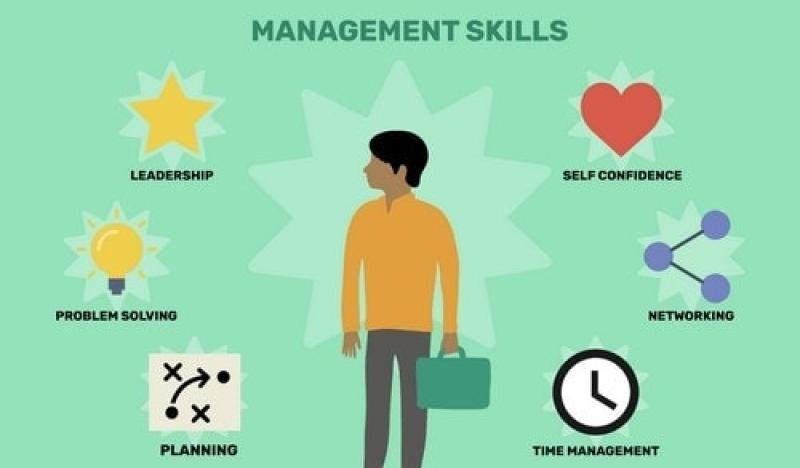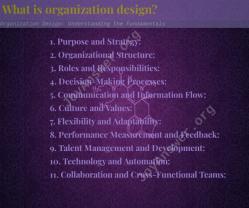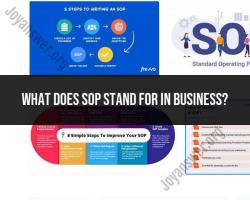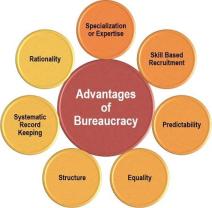What are business skills training?
Business skills training refers to programs and activities designed to enhance the professional skills and competencies of individuals working in a business or organizational setting. These training initiatives focus on developing the practical skills and knowledge needed to excel in various aspects of the business world. Business skills training can cover a wide range of topics, catering to the diverse needs of employees and leaders in different roles and industries.
Key areas of business skills training include:
Communication Skills:
- Training in effective communication helps individuals convey ideas clearly, listen actively, and interact professionally with colleagues, clients, and stakeholders.
Presentation Skills:
- Presentation training teaches individuals how to deliver compelling and engaging presentations. This includes structuring content, using visual aids, and mastering public speaking techniques.
Time Management:
- Time management training helps individuals prioritize tasks, set goals, and efficiently allocate time to maximize productivity and meet deadlines.
Leadership and Management:
- Leadership training focuses on developing the skills required to lead teams, make strategic decisions, and inspire others. Management training may cover areas such as project management, team building, and conflict resolution.
Negotiation Skills:
- Negotiation training equips individuals with the skills to negotiate effectively, whether in business deals, contracts, or interpersonal interactions.
Customer Service:
- Customer service training teaches individuals how to provide excellent customer experiences, handle inquiries, and resolve issues to maintain positive relationships with clients.
Sales Skills:
- Sales training helps sales professionals enhance their techniques in prospecting, building relationships, and closing deals.
Problem-Solving and Decision-Making:
- Training in problem-solving and decision-making equips individuals with critical thinking skills to address challenges and make informed decisions.
Financial Literacy:
- Financial literacy training provides individuals with an understanding of financial concepts, budgeting, and basic accounting principles.
Teamwork and Collaboration:
- Team building training fosters collaboration, effective communication within teams, and the development of a positive team culture.
Adaptability and Resilience:
- Training in adaptability and resilience helps individuals navigate change, cope with challenges, and thrive in dynamic work environments.
Project Management:
- Project management training covers the principles and practices of planning, executing, and closing projects successfully.
Digital Literacy and Technology Skills:
- Training in digital literacy and technology skills ensures that individuals are proficient in using relevant software, tools, and technologies in the workplace.
Diversity and Inclusion:
- Diversity and inclusion training promotes awareness and understanding of diverse perspectives, fostering an inclusive and equitable work environment.
Emotional Intelligence:
- Training in emotional intelligence focuses on developing self-awareness, empathy, and interpersonal skills to navigate relationships effectively.
Business skills training can be delivered through various methods, including workshops, seminars, online courses, and on-the-job training. Many organizations invest in business skills training to enhance the professional development of their workforce, improve overall performance, and stay competitive in the business landscape.
What does business skills training typically encompass?
Business skills training encompasses a wide range of topics and competencies crucial for success in the professional world. Here's a breakdown of some key areas covered:
Core Business Functions:
- Communication: Effective verbal and written communication skills are essential for building relationships, negotiating deals, and presenting ideas. Training often covers writing proposals, emails, reports, and presentations, as well as active listening and public speaking techniques.
- Finance and Accounting: Understanding financial statements, budgeting, forecasting, and basic accounting principles is crucial for making informed business decisions. Training typically covers financial analysis, investment evaluation, and risk management.
- Marketing and Sales: Developing a strong understanding of customer needs, market trends, and effective marketing strategies is essential for driving growth. Training often covers market research, branding, social media marketing, and sales techniques.
- Operations and Project Management: Efficiently managing processes, resources, and projects is key to achieving business goals. Training typically covers project planning, scheduling, resource allocation, and risk management.
- Leadership and Management: Effective leadership skills are essential for motivating and guiding teams towards success. Training often covers team building, communication, conflict resolution, and delegation.
Additional Skills:
- Data Analysis and Visualization: The ability to analyze data and present insights effectively is crucial for informed decision-making. Training often covers data analysis tools, data visualization techniques, and interpretation of results.
- Problem Solving and Critical Thinking: Strong analytical and critical thinking skills are essential for identifying and solving business challenges. Training often covers problem-solving frameworks, decision-making models, and creative thinking techniques.
- Technology and Digital Literacy: The ability to leverage technology effectively is essential in today's business world. Training often covers basic computer skills, software applications, and digital marketing tools.
- Ethics and Corporate Social Responsibility: Understanding and adhering to ethical business practices is crucial for building trust and long-term success. Training often covers ethical decision-making, corporate social responsibility, and sustainability practices.
Training Formats:
- Formal Training Programs: Traditional classroom-based programs, online courses, and certificate programs offer comprehensive learning experiences.
- Workshops and Seminars: Focused sessions on specific skills or topics can provide targeted learning opportunities.
- Mentorship and Coaching: Individual guidance from experienced professionals can offer personalized support and career development.
- Self-Directed Learning: Online resources, books, and podcasts can provide valuable information and insights for independent learning.
The specific content and format of business skills training programs can vary depending on the target audience, industry, and desired learning outcomes. However, the core principles of communication, finance, marketing, operations, and leadership remain fundamental to success in any business environment.
By investing in business skills training, you can equip yourself with the knowledge, competencies, and confidence to navigate the complexities of the professional world, achieve your career goals, and contribute meaningfully to any organization.
I hope this information helps! Feel free to ask if you have any further questions about specific aspects of business skills training.












